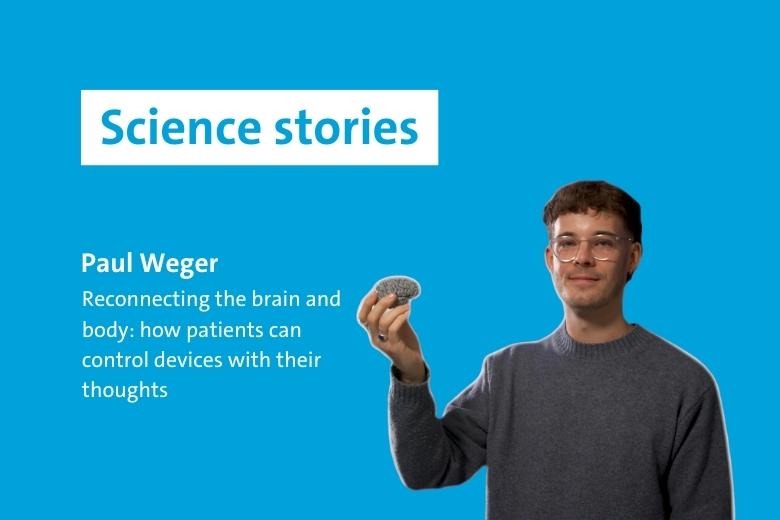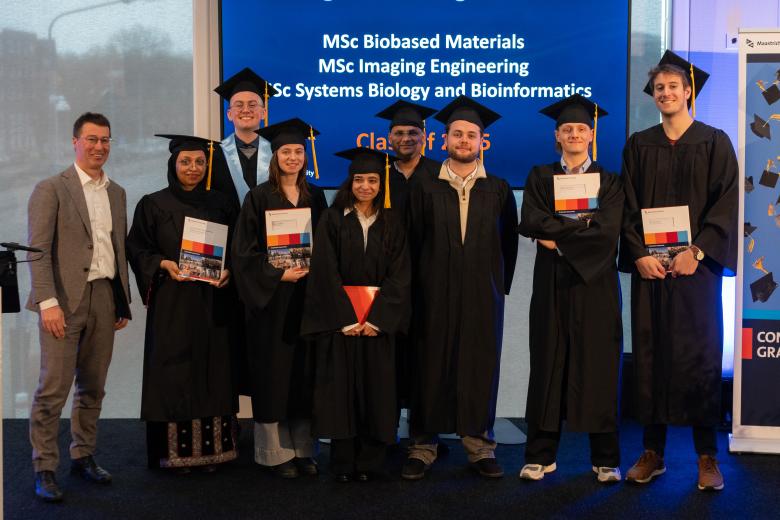Quicker clarity on embryo selection for prospective parents with inherited heart conditions
Thanks to a new decision model developed by researchers at GROW within Maastricht UMC+, prospective parents with inherited heart conditions will know more quickly whether they are eligible for embryo selection. Previously, a team of specialists was required to determine a couple's eligibility. This is no longer necessary with the decision model, which is based on scientific and practical insights. As a result, prospective parents receive quicker clarity on their eligibility for embryo selection, and if so, can start the process sooner.
In pre-implantation genetic testing (PGT), also known as embryo selection, embryos from parents with a genetic disorder are tested. Only embryos without the genetic abnormality are implanted in the uterus, preventing the inherited condition from being passed on. Embryo selection is only permitted for severe inherited conditions, such as diseases that cause significant limitations at a young age and are difficult to treat, and only if there is a high likelihood of transmission. For PGT related to inherited heart diseases, a 'no, unless' policy applies. This means that, in principle, such conditions are not eligible unless there are aggravating circumstances that justify deviating from the 'no'. This policy exists because not everyone with a genetic predisposition actually develops the disease, or they may only experience mild symptoms later in life. This can even vary within families. Therefore, it is difficult to assess whether the genetic abnormality is severe enough to warrant PGT.
PGT decision model
Due to the 'no, unless' policy, a team of specialists previously assessed each individual couple's eligibility for PGT. “However, we now have a good understanding of the genetic and familial conditions under which the 'no, unless' becomes a 'yes',” says Job Verdonschot, a clinical genetics resident specialising in inherited heart diseases. “Thanks to scientific insights and the experience of the PGT centre in Maastricht, we are increasingly able to predict who is at risk of developing a severe heart disease and the likelihood that their children will inherit it.”
Verdonschot translated these insights into a decision model, which allows the PGT working group to assess who may be eligible for PGT. “With the decision model, a consistent and evidence-based assessment can be made for each couple, using the same criteria.” His research shows that in 95% of cases, the model's assessment aligned with that of the medical team.
Quicker clarity for parents
According to co-researcher Malou Heijligers, a clinical geneticist specialising in PGT, the decision model offers benefits for patients. "In 9 out of 10 cases, it is no longer necessary for multiple specialists to confer with each other. As a result, prospective parents receive quicker clarity on whether they are eligible for PGT, and if so, they can start the process sooner." In some cases, consultation may still be needed based on specific personal circumstances.
Heijligers expects the demand for PGT in cases of heart conditions to increase. "The patients we currently see often come on their own initiative, as they inform themselves about the possibilities of embryo selection or hear about it from other patients. Now that we have standardised the assessment for inherited heart conditions, discussing PGT should become a regular part of the cardiology consultation, making it available to more patients. For cardiologists, this provides a new treatment option for their young patients with an inherited heart condition."
This article was previously published on the Maastricht UMC+ website.
Also read
-
Reconnecting the brain and body: how to control devices with your thoughts
Can you control a robotic arm with your thoughts? Paul Weger (MHeNs) studies this to give back independence to patients with neurological conditions.
-
Green school playgrounds boost concentration and wellbeing
Children at schools with green playgrounds are better able to concentrate and display more social behaviour. This is the conclusion of a follow-up study within the long-running project The Healthy Primary School of the Future .
-
Ron Heeren appointed fellow of the Netherlands Academy of Engineering
Professor Ron Heeren, distinguished university professor at Maastricht University (UM) and director of the Maastricht MultiModal Molecular Imaging Institute (M4i), was appointed as a fellow of the Netherlands Academy of Engineering (NAE) on Thursday 11 December.